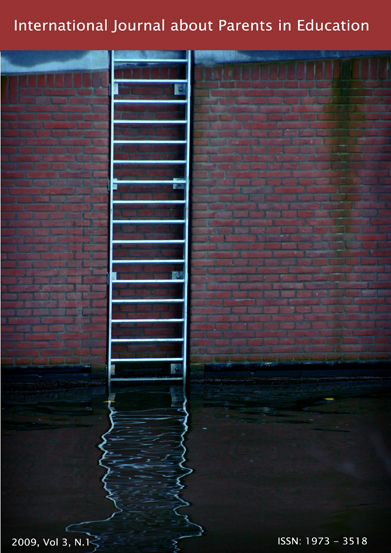Parental Involvement All the Way Through Local School Boards
DOI:
https://doi.org/10.54195/ijpe.18162Abstract
This article comments on the development of school boards in Sweden. These boards are elected with parents in majority in compulsory schools. Data were gathered through interviews, observations and analysis of documents (e.g., school board minutes). The results indicate that different interests are not adequately balanced on the boards. Communication between the board and parents not on the board was unsatisfactory in many cases and such parents felt excluded from the board’s activity. The principal’s collaboration with the board’s chairperson was an important influence on the board. Evaluation, support and feedback from the local school authority were often neglected. These developments are linked to the transfer of welfare policy in Sweden and to the resultant market-oriented political governance. Partnership became the new prestige word. Parents are today seen as individual consumers in a market, yet if they become board members, they are expected to make decisions for all parents. Parental influence is increased in the schools, but the net effect may increase differences between pupils and between parents since the parents are never a homogenous group. The state implementation of local school boards in Sweden and in many countries is, therefore, complex and is reflected in the weak interest shown towards the top-down creation of boards.Downloads
Download data is not yet available.
Downloads
Published
2023-11-11
Issue
Section
Articles
How to Cite
Kristoffersson, M. . (2023). Parental Involvement All the Way Through Local School Boards. International Journal about Parents in Education, 3(1). https://doi.org/10.54195/ijpe.18162





